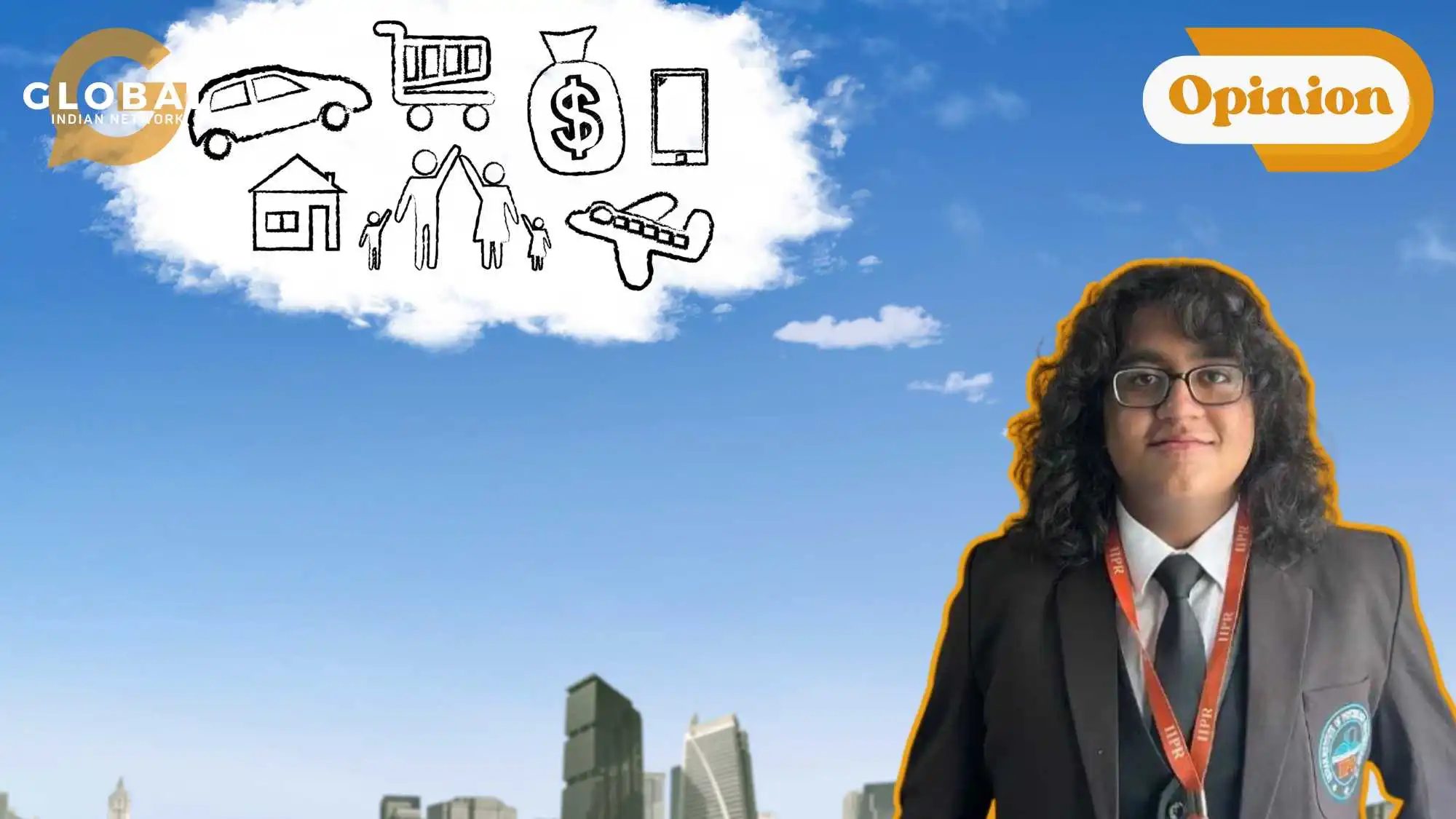In an increasingly complex world, futures thinking is a critical tool for navigating uncertainty and shaping long-term outcomes. Unlike traditional methods used for forecasting that rely on linear projections and pure data, futures thinking asks for a broader and more imaginative exploration of multiple possibilities. This approach not only allows individuals and organizations to adapt to changes but also promotes innovation, resilience, and ethical decision-making. The practice of envisioning various scenarios, rather than predicting a singular future, also helps with preparedness and creativity in both personal and professional contexts.
One of the foundational principles of futures thinking is the recognition that there is no single, predetermined future. The concept of “multiple futures” challenges conventional notions of linear progression and instead emphasizes dynamic, non-linear pathways. This shift in perspective is essential for navigating rapid changes and unexpected events, as the future is always unpredictable. Institutions such as the Institute for the Future (IFTF) showcase the importance of creative exploration in thinking about the future and encourage participants to engage with uncertainty through innovation rather than being rigid. Futures thinking enables individuals and groups to remain flexible and responsive in the face of evolving circumstances by acknowledging the potential for diverse outcomes
Perhaps the most important aspect of futures thinking is the creative. While traditional strategic planning often focuses on trends and data, futures thinking thrives on imagination and innovation. Futures thinking often involves exercises that are designed to stimulate creativity, such as those involving storytelling or even interactive tools like Lego building. These activities demonstrate how playful and hands-on methods can unlock new perspectives. They reveal that engaging different forms of intelligence, such as the visual, spatial, or even narrative, can lead to richer and more wholistic visions of the future. By integrating creativity into the foresight process, futures thinking not only enhances problem-solving but also inspires new approaches to emerging challenges.

Futures thinking also holds consequential value in personal decision-making. It encourages individuals to adopt a mindset that anticipates various possibilities and prepares for a range of scenarios. This approach fosters resilience, enabling people to navigate uncertainty with confidence and clarity. By considering multiple outcomes, individuals can make more informed choices, remain open to unexpected opportunities, and adapt to changing circumstances. This mindset transforms uncertainty from a source of anxiety into a space for exploration and growth.
Collaboration is another vital component of effective futures thinking. The collective process of envisioning the future benefits from diverse perspectives, as different viewpoints contribute to a more comprehensive understanding of potential scenarios. Team-based projects, such as those focused on the future of language, illustrate how collaborative foresight can generate innovative insights. By bringing together individuals with varied experiences and expertise, these projects foster dialogue, challenge assumptions, and spark creative solutions. The synergy of collective intelligence enhances the quality of foresight and strengthens the ability to anticipate and address complex issues.
In addition to fostering creativity and collaboration, futures thinking has the potential to democratize foresight. Historically, strategic planning and forecasting have been the domain of experts and institutions. However, futures thinking seeks to make these tools accessible to all, empowering communities to take control of their own narratives. By involving diverse stakeholders in the foresight process, futures thinking promotes inclusivity and equity. This democratization enables marginalized groups to advocate for their needs and aspirations, driving social innovation and fostering a more just and sustainable future.
An ethical dimension is inherent in futures thinking, as it prompts reflection on what should happen, not just what could happen. This ethical consideration is particularly important in addressing global challenges such as climate change, technological disruption, and social inequality. By incorporating values and principles into future scenarios, futures thinking encourages responsible decision-making that prioritizes the well-being of society and the planet. Ethical foresight ensures participants envision preferred futures and consider the long-term consequences of their actions, which creates a sense of accountability towards the world’s actions.

Futures thinking also challenges participants to confront their own assumptions and biases. Cultural, social, and cognitive biases can shape perceptions of what is possible, and these biases limit anybody’s ability to envision radically different futures. By questioning these biases and exploring alternative scenarios, futures thinking expands the horizon of possibility. It encourages participants to imagine futures that break away from existing paradigms and to consider transformative changes that might otherwise be overlooked or underestimated. This openness to novelty and disruption is essential for fostering innovation and for preparing for the unexpected.
In practical terms, futures thinking equips individuals and organizations with tools for strategic planning and decision-making. By integrating foresight into their processes, businesses can anticipate market shifts, identify emerging opportunities, and mitigate risks. Similarly, policymakers can use futures thinking to develop resilient strategies that address complex societal challenges. The ability to envision multiple scenarios and to adapt plans accordingly enhances the capacity to navigate uncertainty and to achieve long-term goals.
In conclusion, futures thinking is an indispensable discipline for navigating an uncertain and complex world. It fosters creativity, adaptability, collaboration, and ethical reflection, enabling individuals and communities to imagine and shape better futures. By embracing multiple possibilities and engaging in collective foresight, futures thinking transforms fear of the unknown into a powerful force for innovation and resilience.
Essentially, futures thinking can transform the way we think about the future from a static, inevitable happenstance to a fluid journey. As our world continues to confront unprecedented challenges and opportunities thrown at it, the practice of futures thinking will play a crucial role in shaping a globe that reflects shared values and aspirations. Through its application, the future becomes not a fixed destination but a dynamic entity of opportunity shaped by our thoughts and ideas of today.

Let us know your thoughts in the comments below. If you have burning thoughts or opinions to express, please feel free to reach out to us at larra@globalindiannetwork.com.









